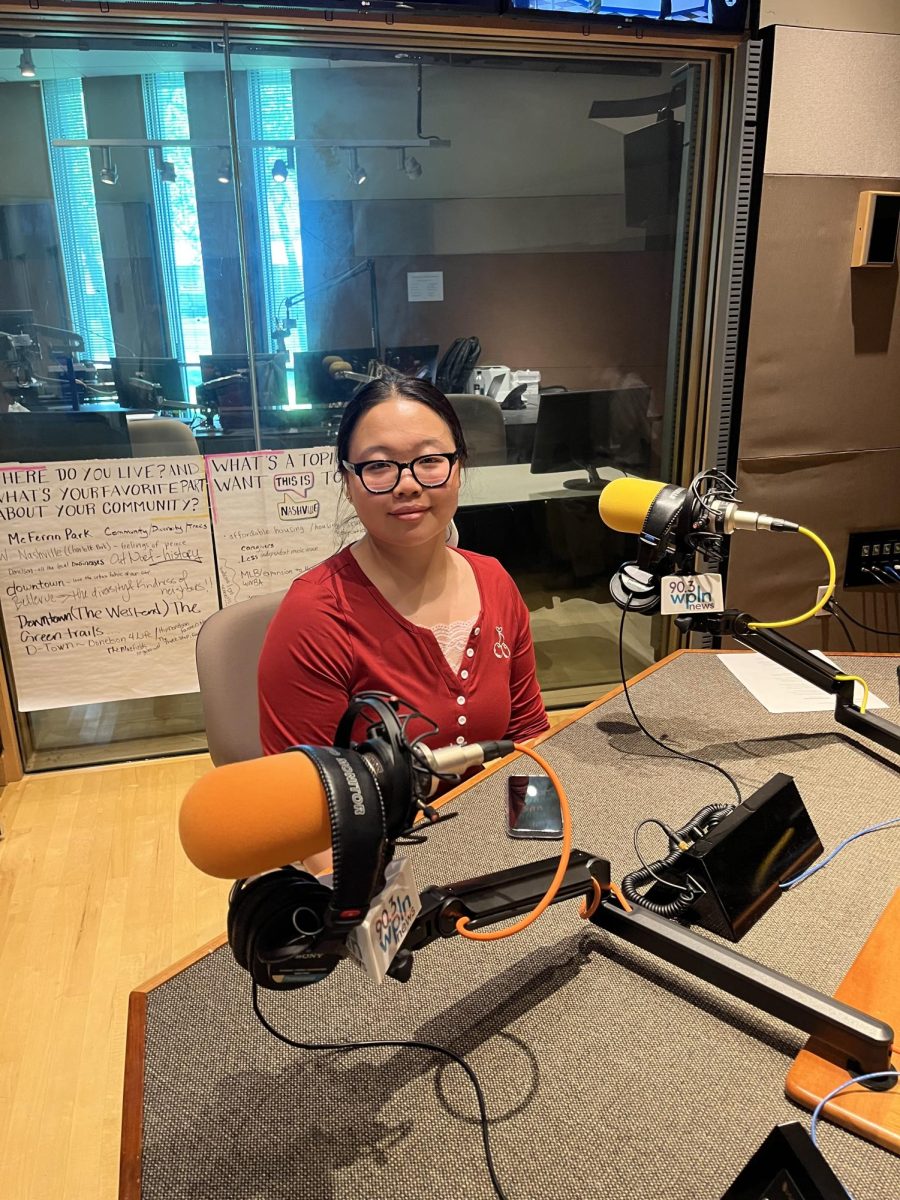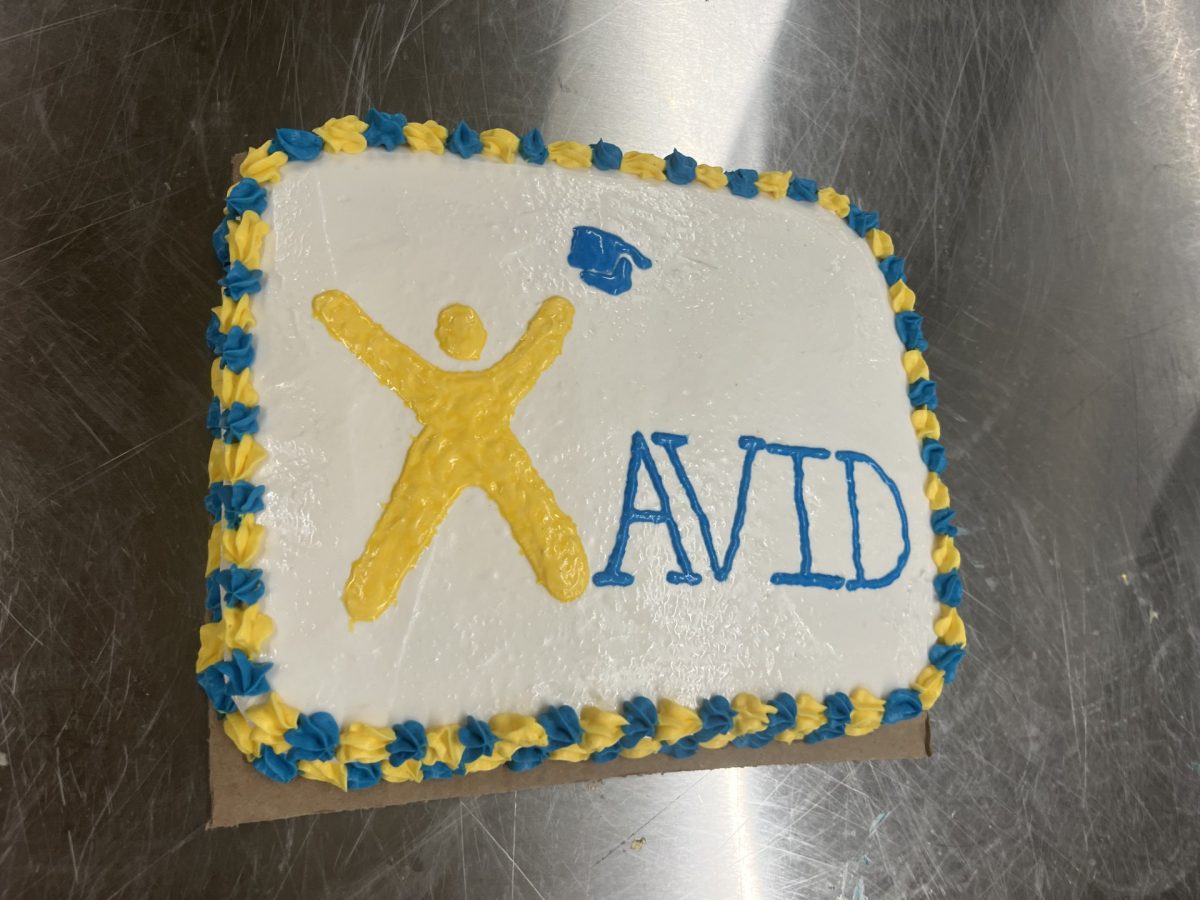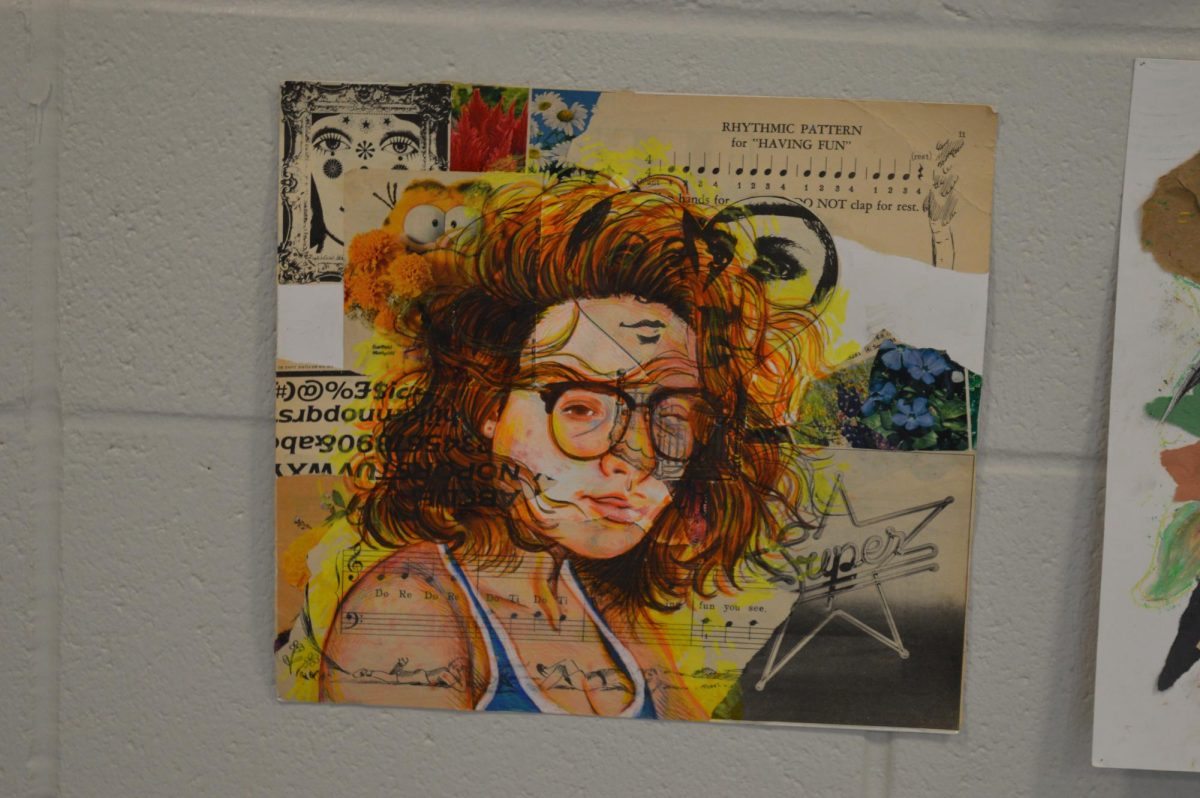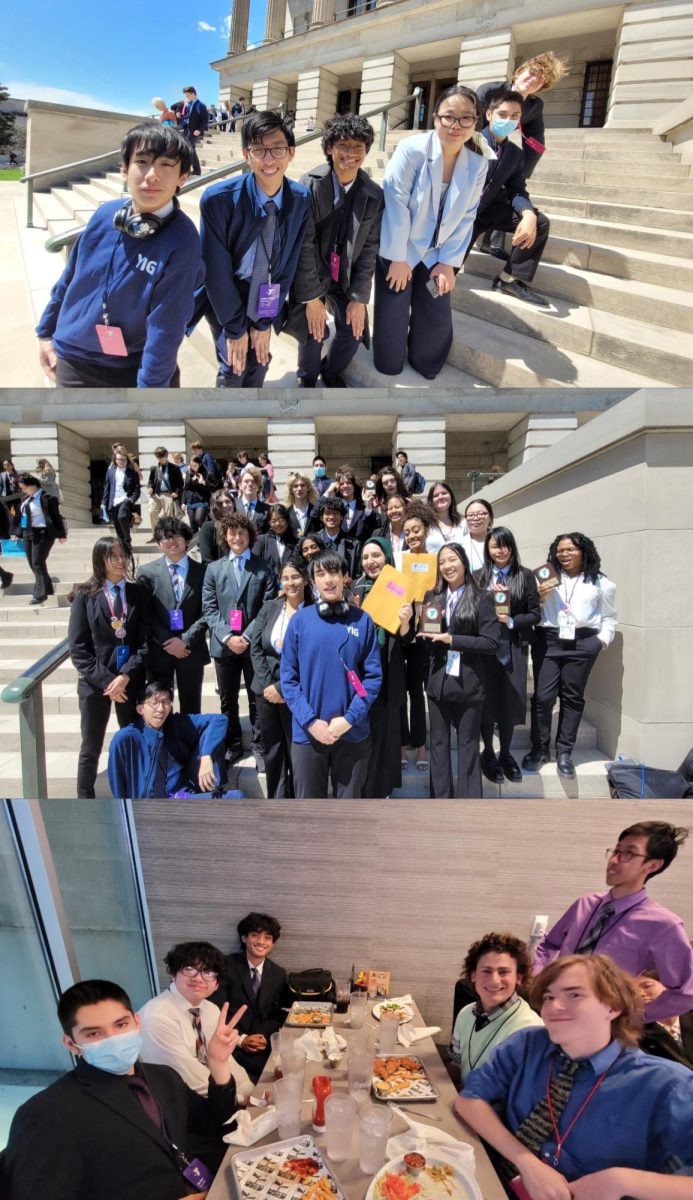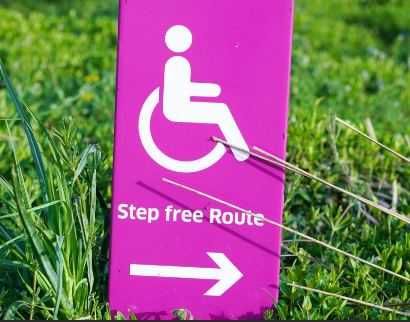
If you’re unfamiliar with the term, don’t worry. You’re not alone. Hopefully, this article will help to explain, whether you’re new to the disability community or just wanted to see what’s up.
Last year in middle school, my International Baccalaureate (IB) end-of-year project focused on accessibility needs in the school. I realized quite quickly that the disability terminology I was using wasn’t as common as I thought it was. So I thought I’d start with one of the most terms: Ableism.
If you’re not familiar with the disability community, there are a lot of different terms and slang and ways of phrasing that can be really confusing to navigate. As someone who is interested in disability issues (and disabled myself), I have a hard time keeping up myself.
So, what is ableism?
Ableism is a broad word meaning discrimination in favor of non-disabled people. It comes from the root word able, meaning “having skill” or having the means to do something. The second part of the word, ism, is a suffix that denotes an ideology or discrimination. Racism, sexism, and ableism are all forms of discrimination that use the suffix. Ableism means discrimination against abilities- or, in other words, discrimination against people with disabilities.
In short, ableism is Not Good. It’s very, very easy to be ableist, and everyone does it sometimes. Saying, “What, you can’t hear?” in a condescending tone to a D/deaf person is ableist. If you notice me lagging behind on a hike or something (on account of my cerebral palsy) and ignoring my attempts to get the group to slow down is ableist. I’m never going to be able to keep up with your fast pace, even if I wear myself getting to a location. Automatically assuming someone who is blind or has impaired vision has superpowers or can hear extremely well is ableist. (For example: I’m hard-of-hearing and use glasses. I don’t magically have better vision; I just rely a bit more on my other senses.)
Presenting yourself differently once your friend tells your they’re autistic or have another form of neurodivergence is also ableist. Simplifying your words or talking slower because you think someone can’t process what you’re saying, just because they’re neurodivergent, is demeaning. Allow the person to advocate for themself; don’t assume.
You’re probably wondering, now, how not to be ableist.
A good place to start is to not assume a person’s limits. Respect their ways of communication; don’t point out that their hair is messed up if it’s obvious they’ve worked hard on their makeup. Asking politely if you notice someone struggling is also a good move. Don’t go and help them if they don’t ask. It’s a bit like stealing someone’s dog leash and running away with their dog, or tossing them out the car window and driving yourself. You wouldn’t want that to happen to you, would you? Then don’t do it to disabled people.
If you accidentally make a mistake or an ableist comment- and believe me, it’s easy to do (ableism is so ingrained in our society- ugh)- then apologize. Listen to what people need, and help. Hopefully they’ll forgive you. If they don’t, then, well, I’m not sure. Loyalty and honesty are very important in relationships, and if you’re both of those things, then your chance of this happening is lessened.
All in all, be kind. Listen, and try to understand. It’s all we can do in this world.
Send comments and questions to [email protected]





